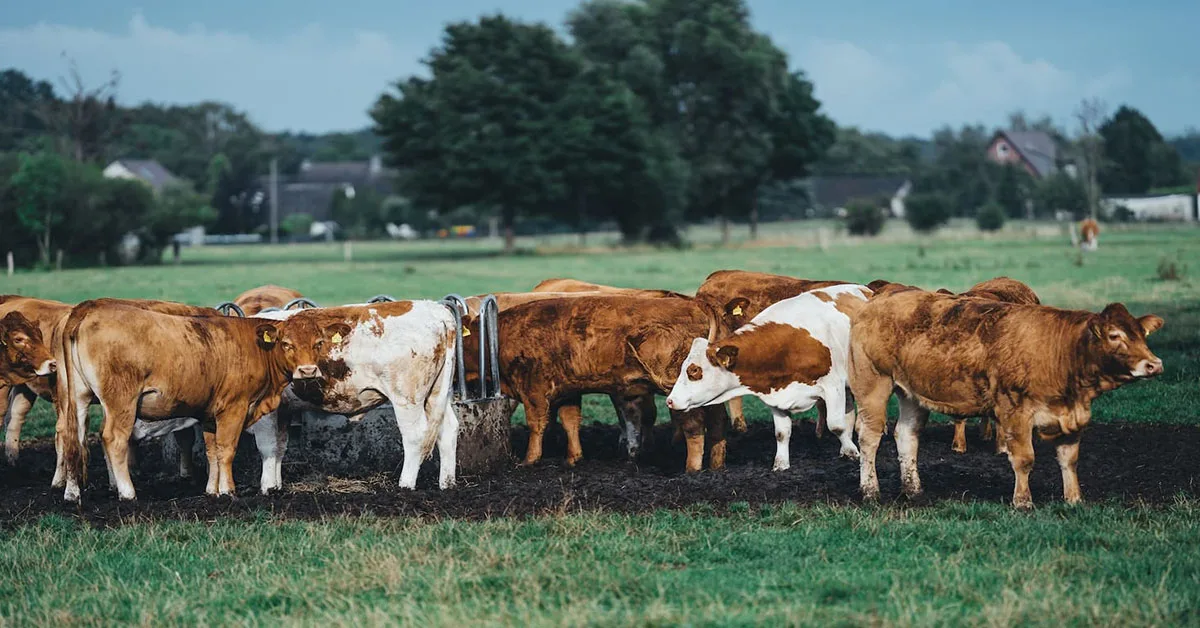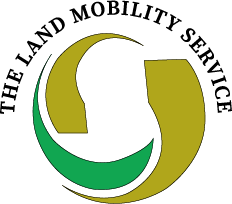
Who will be farming this farm in 5 years time?
If you as a farm family or landowner cannot answer this question it is time to explore and evaluate your options. Thankfully there are options and support services to help understand and evaluate all opportunities. The Land Mobility Service supported by Food Processors and The Department of Agriculture are an independent confidential expert service who are there to help.
The facts are that 26% of farmers are over the age of 65 and 48% of full time farmers have no identified farmer successor. On the other hand farms are an important family asset capable of generating an income. Any discussion and plan must take into consideration;
- Protection and Maintenance of that asset
- Income security for older family members
- Protection of BPS/EU entitlements and of course tax.
- The farm business must be capable of generating a return for all parties involved. For these reasons accurate relevant information is key so that informed decisions can be made.
What are your Options?
For those thinking about change or for whom there is no plan options do exist.
- Long Lease – a land owner makes land available for an extended period, this provides the user with a degree of certainty and sufficient time to make improvements to the land and get a return. The land owner will see the land better farmed than would be the case with con acre and income tax exemptions apply.
- Contract Rearing – a land owner rears animals on behalf of another farmer, this keeps the land owner farming and provides income security. It frees up land for the animal owner.
- Share Farming – both the land owner and share farmer farm the same ground together, they decide between them how the land is to be farmed, who supplies what inputs and labour, and then how the output will be divided.
- Share Milking – this is share farming in a dairy context, two people milk cows from the same land block and facilities.
- Partnerships – two or more people come together to farm as one, the partnership becomes the farmer. All resources are licensed into the partnership and the annual net profit is divided amongst the partners. Partnership is an excellent arrangement within a family.
Some Questions for Landowners to ponder:
- Am I better to do nothing? Doing nothing is not a plan, you need to look at options with a view to a long-term strategy. Allowing a farm slip back and get run down is usually regretted in the long term?
- Should I Lease? Long Term leasing is a simple tax efficient arrangement, provided you identify the right person your farm and income is safeguarded. One concern with leasing is that the owner effectively retires and may cease to be an active farmer. For many landowners it is a trade-off between the tax relief and active farmer status.
- What about Share Farming? Share Farming is a definite option, key to share farming is that the owner continues to take a risk and remains an active farmer. The owner receives a share, or percentage, or payment related to output/performance rather than a fixed rent. In reality over time the actual return to the land owner and conversely the cost to the farmer differs little whether the arrangement is a shared one or a lease.
- What about following the Schemes? Subsidy or Scheme Farming is again a definite option however experience and expectation is that it is a route to diminishing returns unless done with a Young Trained Farmer or as part of Generational Renewal.
The Land Mobility Service Facilitation and Support Process
Stage 1 – Awareness
Is created using platforms such as media, referrals and information events, from which enquirers emerge. Teagasc, Food Processors and Farm Organisations play a vital role in this.
Stage 2 – Inquiry
Once an inquiry is received it is categorised and allocated to a Facilitator. Categories would include landowner with no farming successor looking to step back, landowner looking to step back but constrained, landowner wanting to understand his/her/their options, young farmer or potential young farmer with no or little land looking to go farming, and farmer looking to expand.
Stage 3 – Service explanation
The inquiry is spoken with. The confidential, independent, expert and without obligation nature of the service is explained as is the ultimate goal, i.e., to deliver a sustainable arrangement that works for all parties. Farming information is ascertained and a summary of options outlined.
Stage 4 – Engagement
Once a farmer or landowner is prepared to pursue matters further a farm visit is arranged. Terms of Engagement are provided. The facilitator will call to the farm to view and speak with the owners (and often other non-farming family members). Options are outlined, explained (Including implications) and discussed. Subsequent to this visit plans are proposed for the farm as are options for identifying a suitable collaborator. The Engagement Fee applies at this stage.
Stage 5 – Progression and Facilitation
Farm plans and structures are progressed including budgets. Where matching is required expressions of interest are provided. Persons selected by the landowner from the expressions of interest as potential collaborators are invited to visit the farm and meet the owners. Confidentiality is preserved in the interest of all parties. The service acts as the honest broker and facilitator during these visits. Further to the farm visits those interested are asked to outline their proposal and plan for the farm. Preferred collaborators emerge from this process.
The process is good for all parties as it allows them at an orderly pace and in a confidential manner to form opinions, assess the person and the opportunity. It also allows time for proper financial and logistical planning.
The Service facilitates an appropriate and sustainable arrangement between the owner and the farmer, once an overall plan and structure is agreed both parties engage with their advisors (Accounting, Tax, Legal, Agri, Schemes, Co-Op, D.V.O.) to ensure that the proposed plan is OK. The Service provides appropriate draft templates / draft contracts to reflect the proposed plan. These templates have been formulated in conjunction with Teagasc, Agricultural Solicitors, and the IFA.
Stage 6 – Legal Agreement
Relevant Advisors, supported by the Service, finalise the legal contract and the parties sign.
Stage 7 – Support the Arrangement
The Service supports the arrangement and the parties there to. It
will provide clarifications where required, facilitate/mediate any misunderstandings or items not previously considered or items arising out of rule changes, and help with communications / collaborator meetings. The Service facilitates reviews / review mechanisms and exit mechanisms that are built into agreements.
Read more detail from The Land Mobility Service Booklet >>

